What Happened to Claudine Gay?
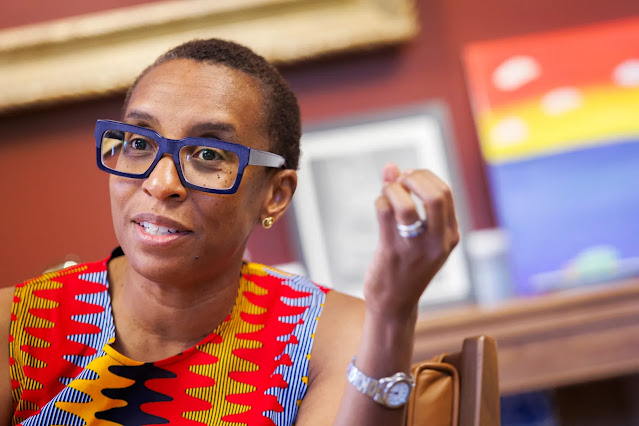
In academia, few stories captivate the imagination quite like that of Claudine Gay’s ascension to the presidency of Harvard University
Ripple Effects of Poverty: Child Marriage
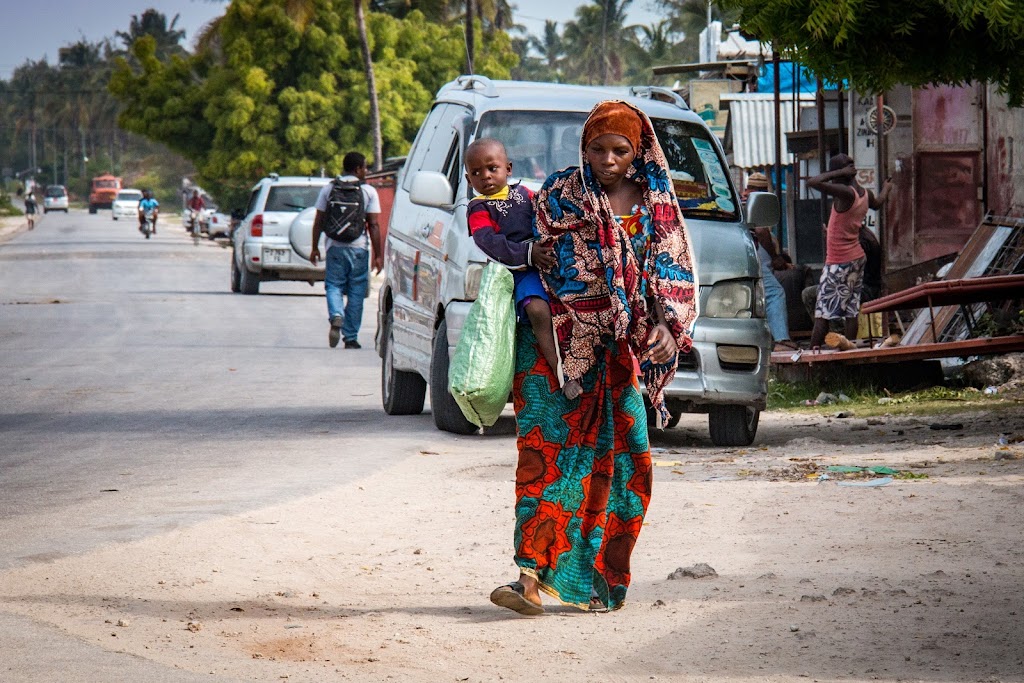
Photo by Dick Scholten on Pexels by Grace Anaja Child marriage is a plague that affects millions of girls all around the world. The United Nations Children’s Fund (UNICEF) describes child marriage as ‘any formal marriage or informal union between a child under the age of 18 and an adult or another child.’ In developing countries like Niger, Nigeria, and Central African Republic, 36% of girls are married before age 18, and 10% are married before age 15. The Universal Declaration of Human Rights also states that marriage must be entered by individuals who are fully consenting and at full age. Child marriage is an outright violation of their rights, especially with girls: it prevents them from being educated and empowered, growing up with their peers, maturing in their own time, and ultimately choosing their own life partners when they want to. It hinders them from achieving their goals and potential. In most parts of the world, child marriage is mainly driven by poverty. Girls are said to be ‘expensive’ to raise. Parents from low-income and rural communities who do not understand the value of education and empowerment and still hold on to patriarchal beliefs do not regard girl child education. For some, an educated boy child is more valuable and worth their investment. Since they cannot afford school fees or materials in cases where free education is available, they marry the girls off as adolescents. To them, this reduces the number of ‘mouths to feed’. Out–of–school girls have a higher chance of becoming child brides. Marrying these girls to wealthy or comfortable men who, most of the time, are much, much older would mean less financial pressure on the family and an avenue for provision… a way out of lack. These girls have been turned to ‘Poverty Alleviation Projects’ for their families. Sometimes, the girls are indirectly forced to get married when their parents neglect them. They believe having a husband means they would be catered for and their needs would be met. Certain people believe that child marriage ensures a girl’s virginity and prevents promiscuity, unwanted pregnancies, and diseases. However, child marriage has many health risks for the girl child. These include sexually transmitted diseases like Human Immunodeficiency Virus (HIV) and Human Papilloma Virus (HPV), cervical cancer, miscarriages, death during childbirth, premature birth of offspring, obstetric fistula – which, according to the World Health Organisation, is an abnormal opening between a woman’s genital tract and her urinary tract or rectum, and could lead to maternal mortality. It can be prevented by delaying the age of the first pregnancy. Child marriage is a form of gender-based violence that exposes young girls to various forms: physical, sexual, psychological, verbal, and socioeconomic violence. These child brides move from home after marriage and usually live in isolation, especially for those who move to a new location. The opportunity to grow, play, have friends, and build social skills is lost. Because the men that marry them are older, they have little to nothing in common and are only concerned about household responsibilities. They are thrust into wifely duties and motherhood so early that they barely know what they are doing. When they give birth, it is practically a child having a child. Due to their low level of education, they are concentrated in the service industries doing menial, nonessential and domestic work, with little possibility for a chance at more. It is said that if you educate a man, you educate an individual. But if you educate a woman, you educate a nation. When young girls cannot pursue education, it limits women’s potential to contribute to national development. It denies them access to opportunities, resources, and mainstream governance: benefits and responsibilities. It sustains the already established patriarchal system that so desperately needs to end. Child marriage does not end the vicious cycle of poverty. It only strengthens it. If poverty was eradicated or reduced, would families and societies place more value on girls and women?
Killing Me Softly…With Your Words
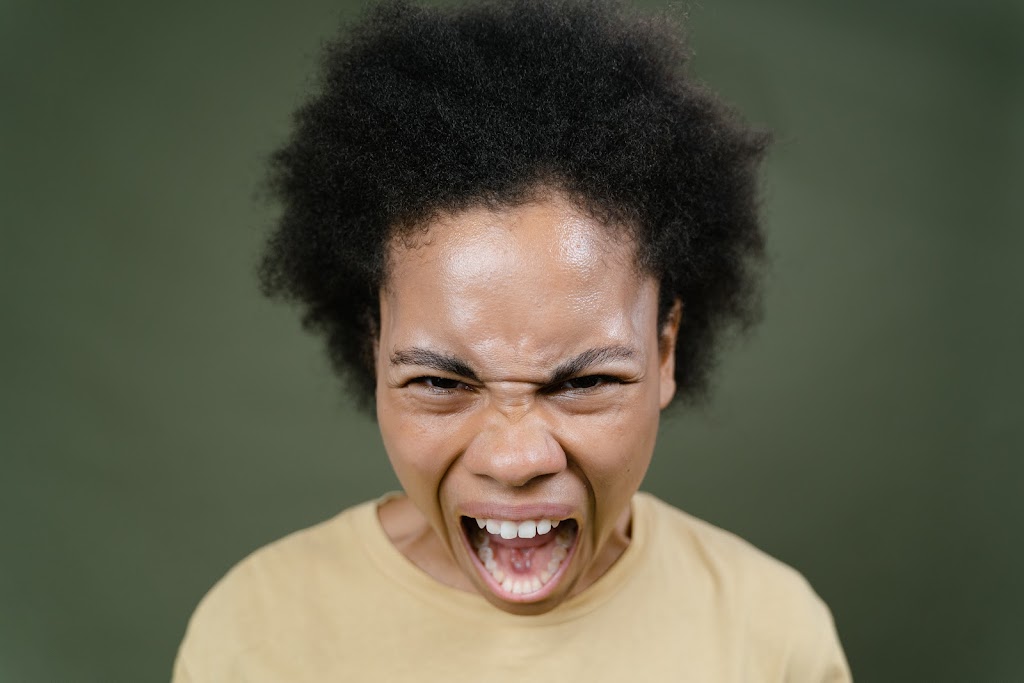
Photo by Tima Miroshnichenko on Pexels by Grace Anaja Verbal abuse is one of the major forms of abuse that is less spoken about or addressed. It is pretty detrimental because it usually affects individuals emotionally and psychologically.Many people need help understanding how to communicate their feelings in words. They need to understand that what is said is usually less important than how it is said. You might not want to intentionally hurt another person, but when you do not adequately process what you want and the best way to say it, you just might. It is also possible that you were misunderstood and your intentions were not adequately communicated. Communication, however, only happens when the intent of the speaker is received as such and understood from the message (whatever that may be) by the listener. This applies to written communication as well. However, this cannot be compared to verbally abusing someone: a constant, deliberate, and intentional attack on another’s emotions. It could be belittling a person, their work or effort (whether privately or with an audience); ridicule and embarrassment; threats; saying terrible things about a person’s loved ones, background, or orientation; targeted statements at a person’s social status, color (even within the same race), beliefs, ethnicity, body type, or disability. Sexual harassment in the form of comments or inappropriate jokes, sexual objectification, etc., is seen as verbal abuse too. Verbal abuse could be done by anyone: a partner, friend, sibling, parent, classmate, leader, boss, or co-worker. Even words and statements we think might not mean much – ‘idiot,’ ‘stupid’, ‘mumu’, ‘you no get sense‘ – may have such an immense impact on people. Imagine a friend always putting down another friend, a partner telling the other ‘you are worthless’, or a teacher calling a pupil ‘olodo‘ and the other pupils joining in. There is this story – a true life experience – of a young boy of 12 who attempted to commit suicide in school by jumping off the rooftop and was saved by a teacher who was passing by. When asked why he tried to take his life, he said his mother told him repeatedly that he would never amount to anything in life, and he believed it. So he felt there was nothing to live for. Emotional blackmail can occur through verbal abuse, as oftentimes, blackmailers use words to manipulate the victims by blaming or threatening them to control their actions or behavior. Abusers can also prey on people’s kindness or sympathy. Let us not forget social media, where individuals barge into ‘DMs’ and storm people’s pages and handles with demeaning comments and insults in the name of ‘freedom of speech and expression’ and ‘I like to speak my mind’. Or clout-chasing individuals, websites, and blogs that spread lies and rumors about other people. Some of these expressions are offshoots of frustration, hurt, and pain that usually have nothing to do with the abused person. As is said, ‘hurt people… hurt people’. Many people today need to go through a healing process: emotionally and psychologically, and from past hurts, current some, come disappointments and challenges, and an uncertain future. There are those who come from dysfunctional families, friendships, and relationships. Many just need to better understand how to communicate, especially with heightened emotions of anger, pain, or frustration and learn to respond and not react. Some would want to form ‘jagaban‘, ‘hard guy‘, who claim they are not affected by these things, and those who truly are not as emotional as others. But words are words, and words are indeed powerful. They might not affect you immediately, but they definitely will, especially when that annoying little negative voice in your head comes around. So, love and appreciate yourself. You can only love others if you first love yourself. If you have been hurt in the past, start your healing process now and deal with it. Understand what communication really is. It is a skill. Learn it and learn emotional intelligence, so you properly handle your emotions. And, of course, if you do not have anything good or beneficial to say to someone, don’t say anything at all. This does not rule out constructive criticism: emphasis on constructive.
The Review: Attention by Tiwa Savage

Attention is a single by Tiwa Savage off her third studio album, Celia. We review this song on this episode of Shades of Us: The Review.
The Review: Runaway Love by Ludacris featuring Mary J. Blige

“Runaway Love” is the third single released from Ludacris’ fifth album, Release Therapy (2006). The song features Mary J. Blige on the vocals. We review this song on this episode of Shades of Us: The Review.
The Review: Steady Love by India Arie

Steady Love is a song by India Arie off her 2019 album, Worthy. We review this song on this episode of Shades of Us: The Review.
The Review: This Luv by Donell Jones

This Luv is a song by Donell Jones. It was released on October 12, 1999 off his second album, Where I Wanna Be. We review this song on this episode of Shades of Us: The Review.
The Review: Godly by Omah Lay
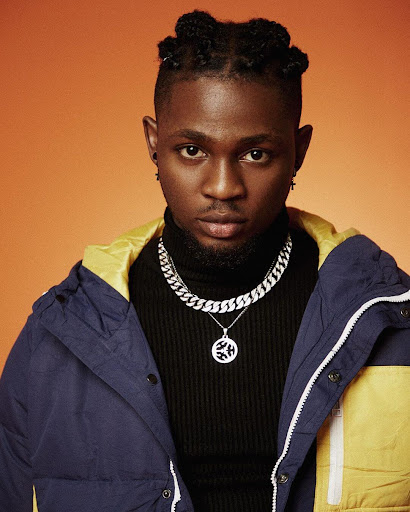
The song ‘Godly’ was taken from Omah Lay‘s 4-tracks project, “What Have We Done”. We review this song on this episode of Shades of Us: The Review.
The Review: Somebody‘s Son by Tiwa Savage featuring Brandy
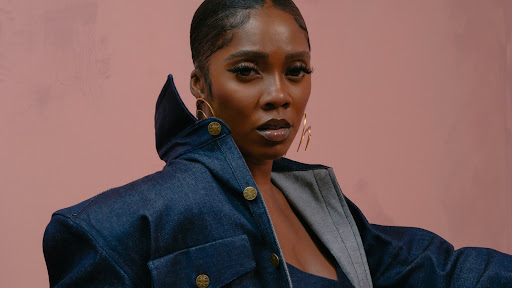
Somebody’s Son is a song by Tiwa Savage featuring Brandy. It is off her 2021 EP, ‘Water & Garri’. We review this song on this episode of Shades of Us: The Review.
An Ode to Nigeria (For Country, for You and Me)
Photo by Tope A. Asokere from Pexels By Ojonugwa Yahaya. When you continually tell even the most beautiful creature… hmm maybe even more beautiful than Agbani Darego🤔…that she is ugly, in no time she may start believing and even start looking ugly… that is how dynamic nature and human psychology works. Learn to speak the right word to people, the environment you live in and the nation you call home. I will not stop holding on to this ideology of mine… that as we continue to confess negatively about Nigeria without making much effort to salvage what is left and to transform it to the nation of our dreams, she will constantly remain what we do not desire. It is not Nigeria as a geographical area that is bad or corrupt: an empty territory cannot be considered corrupt or bad. It is the humans that live in said territory that define and determine the character of the territory. So, if Nigeria is corrupt or bad, or “not homely”…it is me, you and the man next door that is corrupt and bad. Dubai isn’t what it is today due to the geographical area: after all I learnt that the territory is even a desert. It is the humans in Dubai that define Dubai that everyone – including you and I – see as a dream destination today. Think about it. Let us have a conversation. I am in love with great souls like Nike Okundaye. She is tirelessly holding and mending the broken artistic Nigerian heritage in an elegant and dynamic way. Nigeria has many heroes who do her great justice: Ngozi Okonjo-Iweala, Kate Henshaw (an epitome of kind heartedness and courage), Chimamanda Ngozi Adichie (the queen of literature) Wole Soyinka (writing life on pages as if he was born with ink), Innocent Ifedaso of Innoson Motors, Allen Onyema of Air Peace, Folorunso Alakija, Mike Adenuga (master story teller! I mean…we learned to appreciate soap opera through ‘super story’) and many more. Then there are those Nigerians – including young people – who are tirelessly working in the development, economic, health, education, maritime, energy, ICT and advocacy sectors across country. With their work, they are reaching out to the underserved and hard-to-reach communities with messages of hope and provision of social amenities. Our nation has many unsung heroes! I think it is about right if we find a way to appreciate Nigeria. I know Nigeria isn’t treating anyone right but… the problem is more about the Nigerians than Nigeria as a geographical area. Yes…our reality is that we are overwhelmed and overshadowed with the many things that just aren’t working but do we fail to notice the many aspects of the positives in Nigeria? We can make the necessary sacrifices to change the narratives about Nigeria. We have the capacity to build our nation for ourselves. Let us build our country today!

